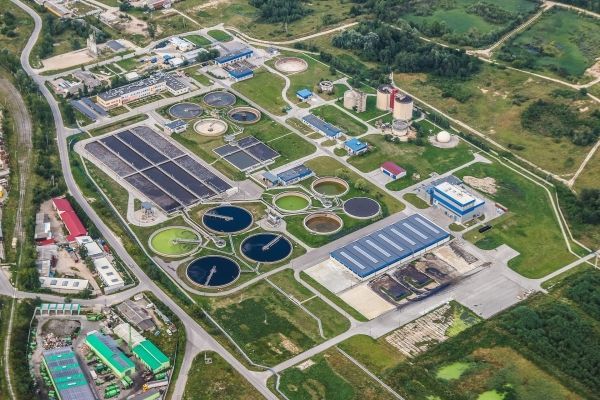Cities produce and must manage huge quantities of wastewater. Researchers at the University of Illinois at Urbana-Champaign have developed a model to clarify what parts of the world may benefit most from re-circulation of human-waste-derived nitrogen, potassium and phosphorus from cities and back into farm fields. They report their findings in the journal Nature Sustainability.
“We grow our crops in the field, apply nutrient-rich fertilizers, eat the crops, excrete all of the nitrogen, phosphorus and potassium and then those nutrients end up at the wastewater treatment plant,” said Jeremy Guest, a civil and environmental engineering professor and study co-author. “It is a very linear, one-directional flow of resources. Engineering a more circular nutrient cycle would create opportunities that could benefit the environment, economy and agriculture.”
Continue reading at University of Illinois
Image via CC0 Public Domain


